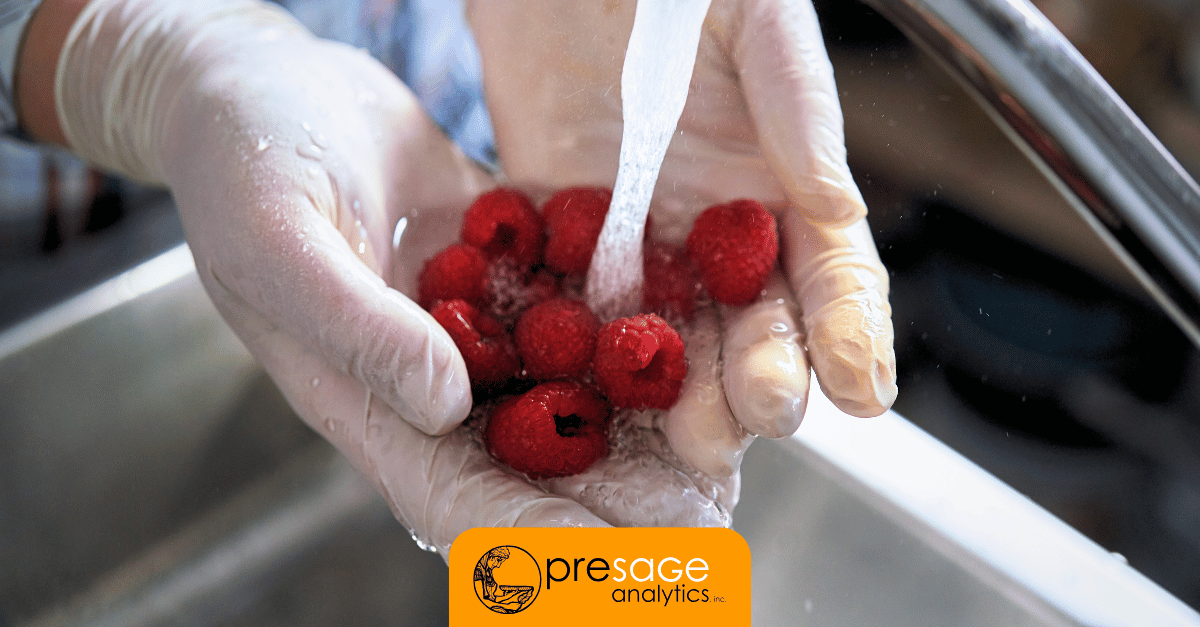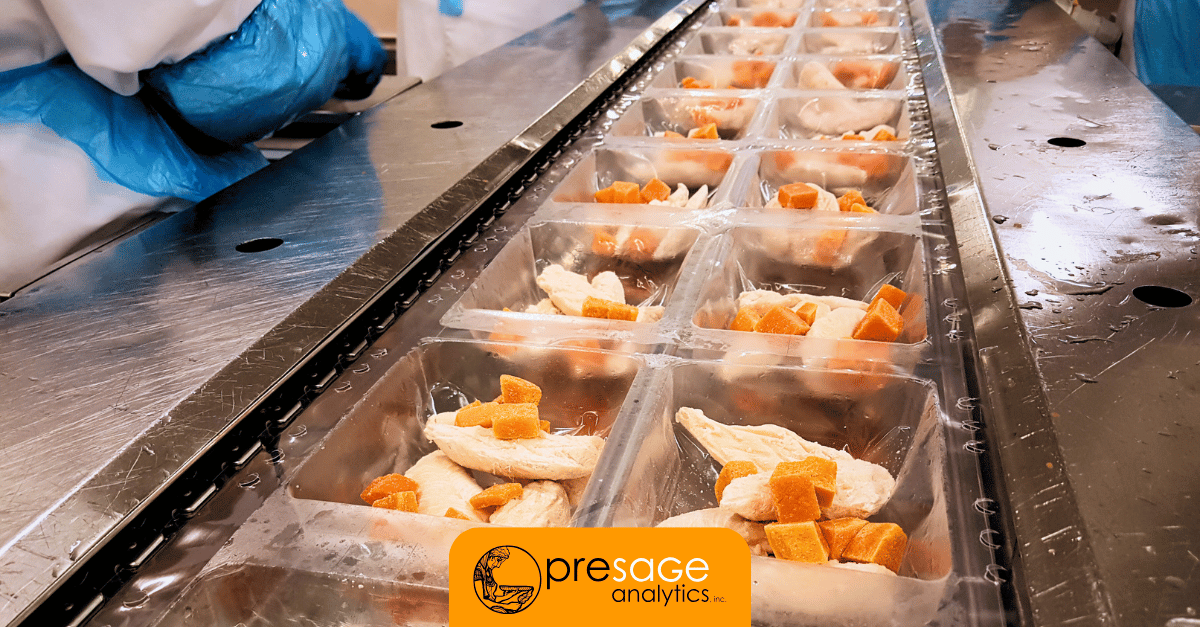Three Types of Food Production Systems
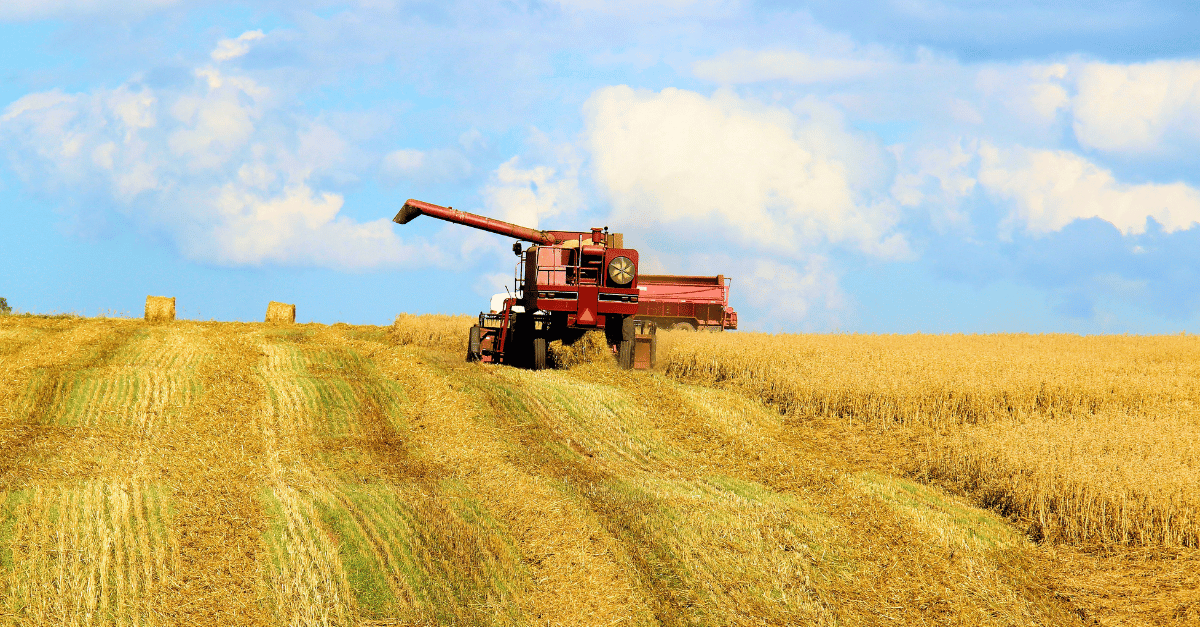
Numerous challenges in the food production industry have increased the demand for transparency. Consumers want to know where their food comes from and how it was made. In order to address these challenges and meet the demands of consumers, different types of food production systems were created.
What is a Food Production System?
A food production system refers to the interlinked processes and activities involved in producing, processing, distributing, and consuming food. It involves the entire journey of food from farm to table, including all the inputs, operations, and outputs required to provide food to people. Food production systems can vary widely in scale, methods, and complexity, ranging from small-scale, local farming operations to large-scale, industrial agriculture.
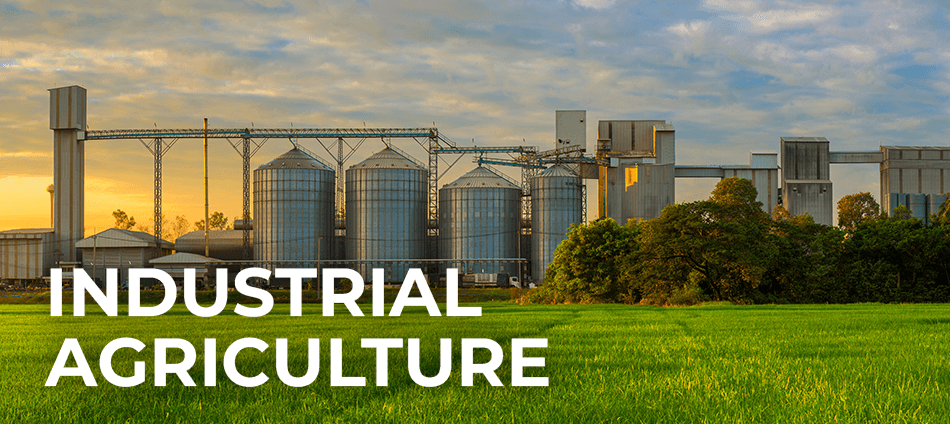
Industrial Agriculture
Industrial agriculture is the most widely used food production system in the world. This type of agriculture focuses on large-scale production, using advanced technology, chemicals, and heavy machinery. The priority is to maximize efficiency and profitability, which can come at the cost of environmental and social concerns.
Key Characteristics of Industrial Agriculture
- High Productivity: Industrial agriculture maximizes crop and livestock yields, meeting the high food demand of a growing global population.
- Efficiency: Advanced technology and mechanization streamline farming operations, reducing labor costs and increasing the speed of production.
- Economic Scale: Large-scale operations benefit from economies of scale, lowering production costs and making food more affordable.
- Technological Innovation: Investment in research and development drives technological advancements, such as genetically modified organisms (GMOs) that can enhance crop resistance and yield.
- Consistent Supply: Industrial agriculture ensures a stable and consistent food supply, reducing the risk of shortages.
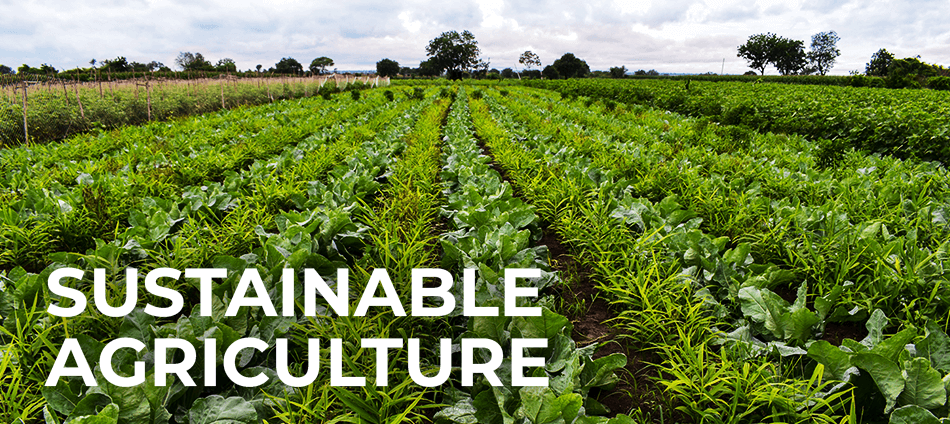
Sustainable Agriculture
Sustainable agriculture is a food production system that seeks to balance environmental stewardship, social responsibility, and economic viability. It prioritizes regenerative practices and works in harmony with nature to produce high-quality food while preserving the land and water resources for future generations.
Key Characteristics of Sustainable Agriculture
- Environmental Protection: Sustainable agriculture practices protect and enhance natural resources, ensuring long-term ecosystem health.
- Soil Health: Techniques like crop rotation, cover cropping, and reduced tillage maintain and improve soil fertility and structure.
- Water Conservation: Efficient water use and conservation practices help protect water resources and reduce the environmental impact of farming.
- Biodiversity Enhancement: Sustainable farming supports biodiversity, increasing ecosystem resilience and reducing dependency on chemical inputs.
- Economic Viability: By reducing reliance on expensive inputs and focusing on long-term productivity, sustainable agriculture can offer stable and profitable farming operations.
- Social Responsibility: Sustainable practices consider the well-being of workers and communities, promoting fair labor practices and safe food production.
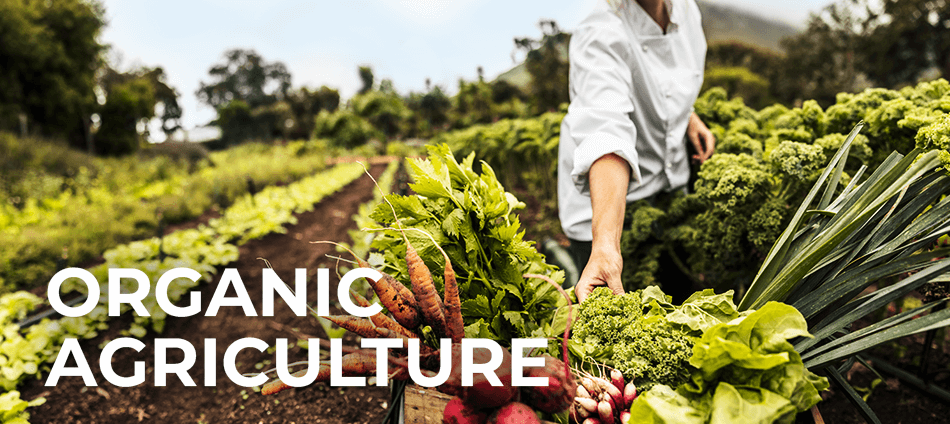
Organic Agriculture
Organic agriculture is a type of food production system that avoids synthetic fertilizers, pesticides, and genetically modified organisms. It focuses on soil health and the well-being of both the crops and the local ecosystem.
Key Characteristics of Organic Agriculture
- Chemical-Free: Organic agriculture avoids synthetic fertilizers, pesticides, and herbicides, leading to cleaner, more natural food production.
- Soil Health: Organic farming emphasizes building and maintaining healthy soil through composting, crop rotation, and organic amendments.
- Biodiversity: Organic farms often support a greater diversity of plants and animals, contributing to a more balanced and resilient ecosystem.
- Sustainability: Organic agriculture practices align with sustainable principles, focusing on long-term environmental health and resource conservation.
- Consumer Trust: Organic products are often perceived as healthier and more environmentally friendly, leading to strong consumer demand and premium market prices.
- Animal Welfare: Organic livestock farming prioritizes humane treatment of animals, with access to pasture and natural diets.
- Reduced Carbon Footprint: Organic farming often results in lower greenhouse gas emissions, contributing to climate change mitigation efforts.
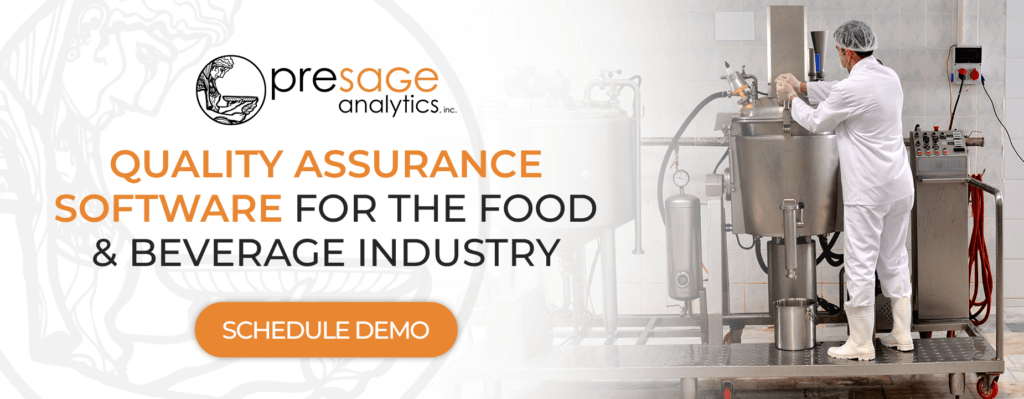
See How Presage Can Help
With so many different food production systems, the right software plays a critical role in helping organizations track and improve their operations. Presage Analytics was built to address the concerns of both producers and consumers. Schedule a demo with the Presage sales team to learn more!

